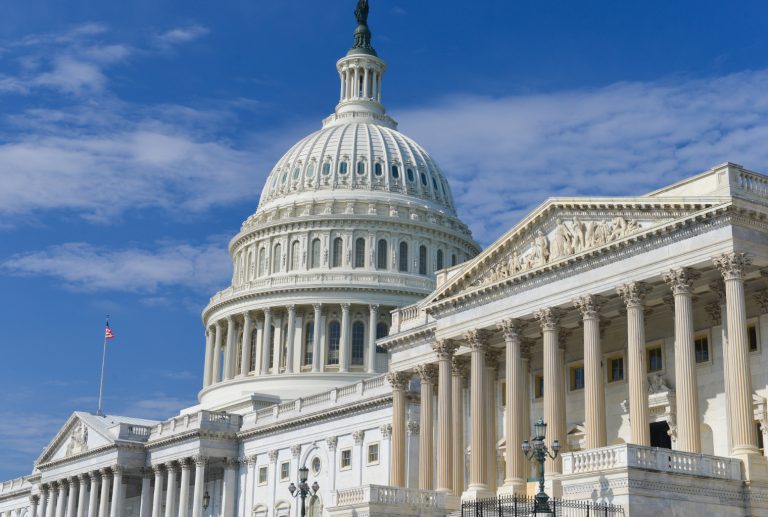2023-9-2 23:00 |
In an effort to maintain decentralization and promote responsible and sustainable blockchain growth, a group of large Ethereum stakers have voluntarily agreed to devote themselves to a self-limit rule that would restrict the scope of their staking activities on the network to a certain threshold.
Ethereum Stakers Commit to 22% Self-Limit RuleEthereum Beacon Chain community health consultant, Superphiz.eth announced in an X (formerly Twitter) post on Thursday, August 31, that four major Ethereum staking providers have dedicated or are working on dedicating themselves to a self-limit rule. This self-limit rule would see the staking provider’s staking limit reduced to less than 22%.
Among the staking service providers that have agreed to the self-limit rule are Rocket Pool, Stader Labs, Diva Staking, and StakeWise. Following this, a few other staking providers are anticipated to make similar assurances on Ethereum staking.
The self-limit commitment is seen as a proactive approach to mitigate centralization within the Ethereum ecosystem while ensuring the blockchain has long-term sustainability.
Superphiz.eth first proposed the self-limit rule in 2022 when he explained that the reason the rule was limited to 22% was to prevent the network’s decentralization from being compromised. This is because 66% of validators are required to control more than two-thirds of the blockchain’s staking power to “finalize a rogue chain”. Thus making it harder for a single validator to take over the network.
The Ethereum supporter explained that the display of responsibility and dedication from Ethereum staking providers will ensure that the chain remains prosperous, promoting trust and unity above possessiveness.
“These providers are committed (or are in the process of committing) to self-limit to <22% of Ethereum validators,” Superphiz said. “This is how our chain will be successful: Coordination above greed. Cooperation instead of winner-take-all.”
Community Highlight Uncertainties Of Verbal CommitmentIn response to Superphiz.eth’s announcement about the self-imposed limit on Ethereum staking providers, a few members of the Ethereum community have emphasized the lack of reliability that follows a verbal commitment to the self-limit rule.
One community member argued that making verbal commitments is easy especially since the organizations commuting to the self-limit rule have considerably less than the 22% staking limit.
“Easy to commit to self-limit when it seems that most of these will likely never reach 22% market share of Liquid staking on Ethereum. Folks in the ETH community should not shame more user-friendly solutions as greedy products,” he said.
Currently, Lido Finance boasts one of the highest Ethereum staking percentages, dominating the market with a total of 32.4% staked Ether. The platform’s stakeholders have also previously rejected the self-limit on ETH staking, voting against it by 99.81%.
Following this, Superphiz.eth has emphasized the importance of preventing Lido from accumulating more stakes and gaining a 33% share. He stated that if they eventually reach 33% of all staked ETH, some sanctions could be triggered to protect the blockchain from a concentration of power that could majorly influence Ethereum’s consensus process.
“I think step 1 is to prevent them from gaining 33%. If they gain 33% I’d look for protocol-level sanctions, if it doesn’t happen then who knows what could be next?” Superphiz.eth stated.
origin »Bitcoin price in Telegram @btc_price_every_hour
Santiment Network Token (SAN) íà Currencies.ru
|
|



























